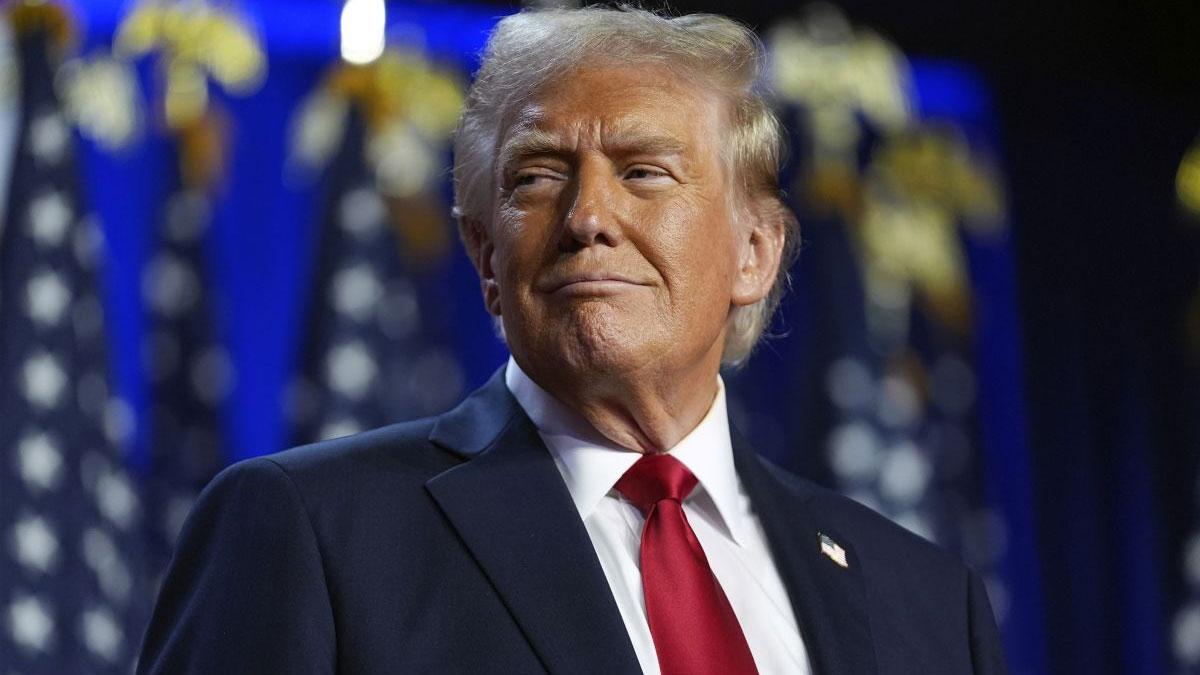Indian government's recent ban on Sea Ltd's marquee game Garena Free Fire, among 53 other Chinese apps, sent its stocks tumbling in the stock market. Indian government's recent ban on Sea Ltd's marquee game Garena Free Fire, among 53 other Chinese apps, sent its stocks tumbling in the stock market.
Sea's stock sank by 19 per cent and lost $16 billion in New York on February 14, the steepest decline, though analysts speculate the revenue from India could be less than 10 per cent.
Ironically, China does not allow outside apps into their country and expects a free and fair play for their companies in India.
Also Read | China to maintain normal trade relations with Russia despite int'l sanctions
Commenting upon the issue, Mohandas Pai, Chairman of Aarin Capital, stated, "There is no reason why India should be an open space for the Chinese to come and do what they want.
"In major Chinese companies, the Chinese Communist Party (CCP) has taken a position and moved out the founders. There is total government control and takeover and that means the way the data resides, what they do, how they do, is a part of espionage. Thus, Chinese companies do not deserve equal opportunity in Indian market."
The ban forced JP Morgan analyst Ranjan Sharma slashing target price of the stock by 40 per cent to $250 and speculating further nervousness around the company's gaming franchise.
The game app was the highest grossing mobile game in India in the third quarter of 2021. Though media report claims its founder, Forrest Li, was born in China but is now a Singaporean citizen, Chinese social media giant Tencent Holdings Ltd is the company's biggest share holder.
Though Sea went public in 2017, the company quickly became the most valuable company in Southeast Asia, mainly based on potential to expand its platform for gaming, e-commerce and financial services.
Angus Mackintosh, founder of CrossASEAN Research, said, "India is seen as one of the next major growth drivers for Sea's e-commerce and gaming arm outside Southeast Asia."
Investors are also worried that India could potentially ban Shopee, the second pillar of Sea's business.
Beijing has expressed serious concerns about the banning of Chinese apps by New Delhi over security reasons, considering the act as an "unjust treatment" for Chinese investment against other foreign investors.
India is an important source of revenue for Chinese companies and as these apps are banned, they could lose substantial revenues.
According to Reuters, brief TikTok ban in 2018 impacted the company with a loss of $15 million a month.
Also Read | Around 17,000 Indian nationals have left Ukraine border: MEA
Apart from security issues related to their data storage, there are also allegations of arm twisting and abusive behaviour like predatory pricing and monopolising the market by Chinese companies.
China is different from the US as far as data safety is concerned. Data is not secured in the hands of Chinese companies. Even for private Chinese companies, Chinese officials have access to the data, including the sovereign ones.
Through bans on apps, India has sent a message that it is no longer a victim of China's 'nibble and negotiate' policy and shall renew the terms of engagement.
The modern world recognises the importance and increasing role of digital sectors as the main drivers of economic development.
India is one of the main data application markets which is growing rapidly. India is also valuable for app companies because of its cheap and accessible internet service and large consumer base.
Beijing wants to benefit from it both politically and strategically, while keeping its own market closed. Fairness warrants that Beijing's reaction should not be seen from its side of concerns only, but from Indian perspective, mainly concerns about privacy and sovereignty.
The same concerns have also been expressed by other countries in the world.
There are 658 million internet users in India (January 2022) and the internet penetration is more than 47 per cent of the total population.
Further, there is a rapid shift in advertisement for business in India towards the digital mode. Indian digital advertisement industry recorded 35 per cent growth to Rs 21,353 crore by the end of 2021 from Rs 15,782 crore over the previous year.
According to McKinsey's 'Digital India' report (March 2019), digital applications could proliferate across most of the sectors of India's economy and by 2025 the core digital sectors could double their GDP level to $355-435 billion.
Besides, it would create $10-150 billion worth of incremental value from digitalising sectors (including agriculture, education, energy, financial services, healthcare, logistics and retail) as well as digital applications in government and labour markets.
India simply cannot afford to outsource this huge market. Given its increasing technically capable human resources and rapidly growing startup eco-system, the space could be very fertile for the 'Aatmanirbhar Bharat' mission of the government.


















